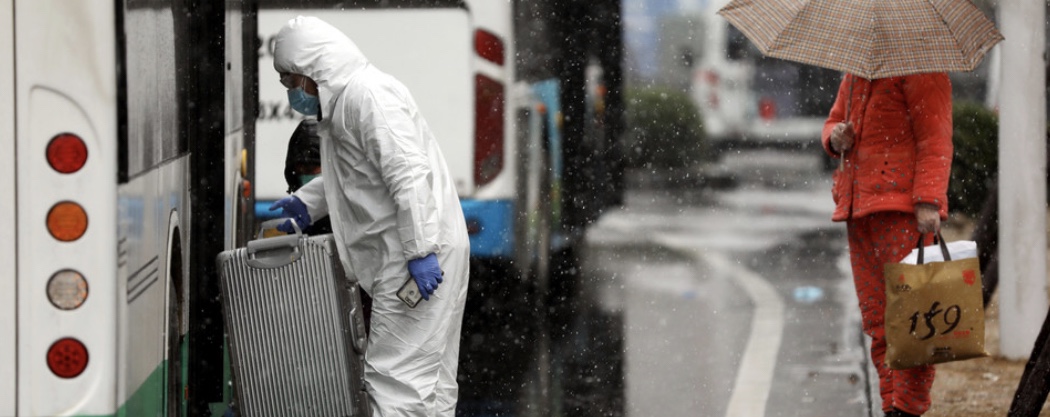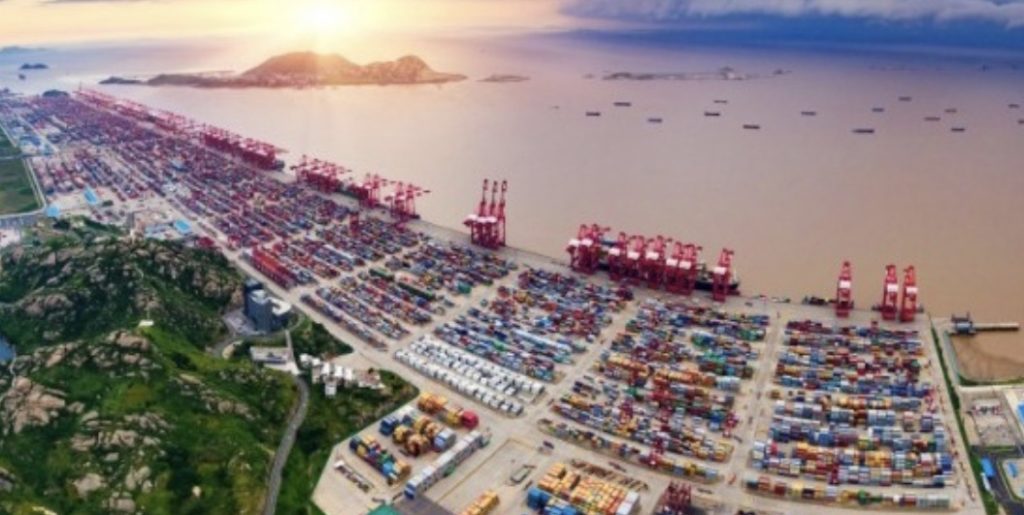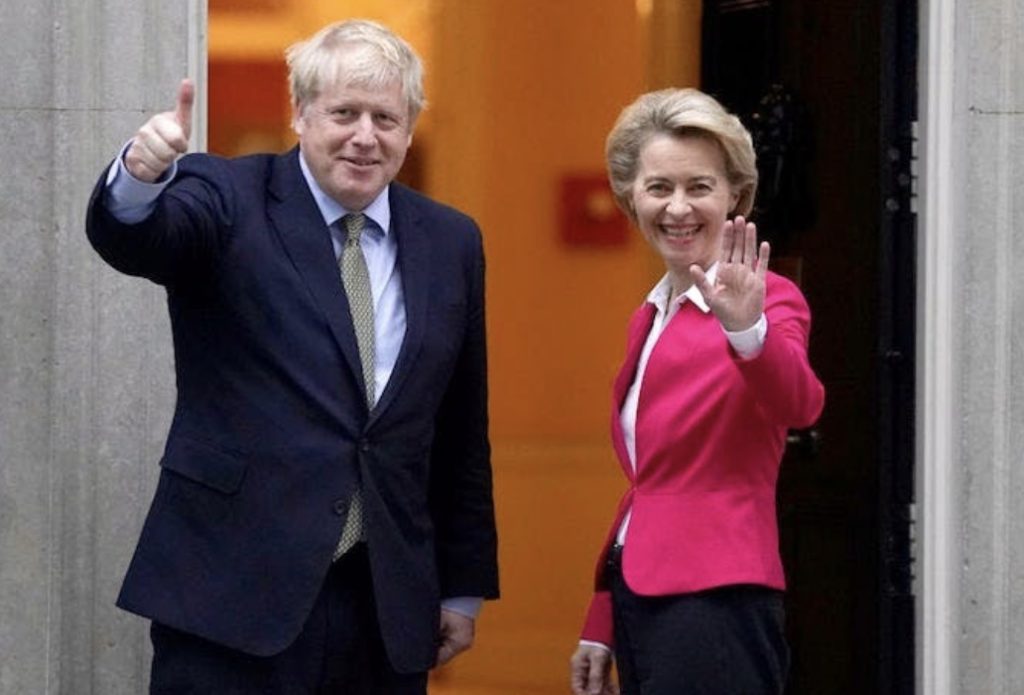Another Monday. New projects and new meetings. Three countries this week.

It is always exiting to see where the week will take you.
China’s economic growth expected to slow to 4.5% in the first quarter of 2020 – the slowest pace since the financial crisis, according to a Reuters poll of economists.
“Global oil demand has been hit hard by the novel coronavirus,” says the International Energy Agency.
Factory shutdowns are slowing the flow of products and parts from China, affecting companies around the world, including Apple and Nissan.
As China grapples with the coronavirus, the economic damage is mounting around the world.

There are around 70,000 confirmed cases of COVID-19, the new coronavirus that emerged in Wuhan, China, in December and is spreading around the world. Businesses are dealing with lost revenue and disrupted supply chains due to China’s factory shutdowns, tens of millions of people remaining in lockdown in dozens of cities and other countries extending travel restrictions.
The shortage of products and parts from China is affecting companies around the world, as factories delayed opening after the Lunar New Year and workers stayed home to help reduce the spread of the virus. Apple’s manufacturing partner in China, Foxconn, is facing a production delay. Some carmakers including Nissan and Hyundai temporarily closed factories outside China because they couldn’t get parts.

The pharmaceutical industry is also bracing for disruption to global production. Many trade shows and sporting events in China and across Asia have been cancelled or postponed.
The travel and tourism industries were hit early on by economic disruption from the outbreak. Global airline revenues are expected to fall by $4-5 billion in the first quarter of 2020 as a result of flight cancellations, according to a report from the UN’s International Civil Aviation Organization (ICAO).
ICAO also forecasts that Japan could lose $1.29 billion of tourism revenue in the first quarter due to the drop in Chinese travellers while Thailand could lose $1.15 billion.
James Forsyth writes sin The Spectator that; “The reality is the talks will blow up shortly’. As I say in the Sun this morning, this is the verdict of one Downing Street figure on the UK / EU negotiations.

The EU might still be finalising its negotiating mandate. But if you read the draft of it and David Frost’s speech this week, it is clear just how far apart the two sides are. This is going to come to a head quickly as the EU line is that there must be agreement on ‘level playing field’ and governance before the talks proper can commence.
If the EU side insists on these preconditions in the opening round of the negotiations, scheduled for the first week of March, then the government will dismiss the talks as pointless.

Downing Street’s hope is that Frost’s speech this week, will make the European side realise that they are serious about not accepting the EU’s pre-conditions.
One insider points out that Boris Johnson doesn’t have to have an election until 2024, so nearly every European leader would pay the price at the ballot box for any economic disruption caused by the failure of these negotiations before he would.
It is not just on the future relationship that the UK and the EU are heading for a row. A figure close to the negotiations says that they are ‘starting to wake up in Brussels to the fact that we have a totally different interpretation of the Irish protocol’.
As I write in the magazine this week, the appointment of Suella Braverman as Attorney-General and Brandon Lewis as Northern Ireland Secretary indicates that the government is preparing to take a more abrasive approach on this issue. This will infuriate the EU side who believe that these arrangements have already been agreed.
Interestingly, influential figures on both sides hope that the blow up in the trade talks comes sooner rather than later. Why? Because they think that it is only once the two sides have realised just how far apart they really are, that the serious negotiations can begin.
Source: The Spectator






You must be logged in to post a comment.